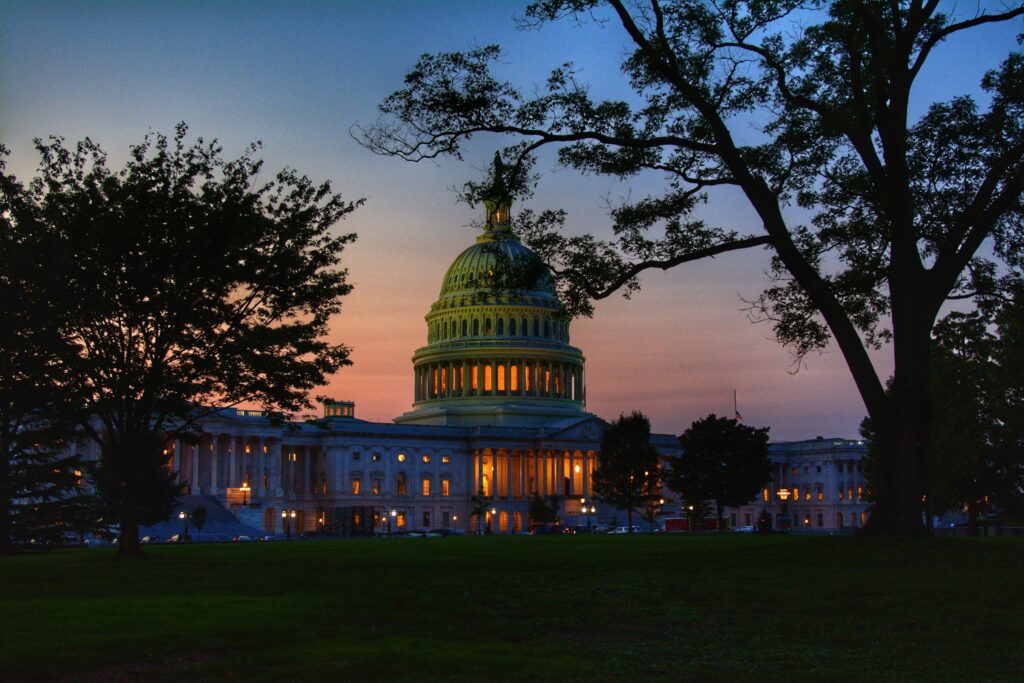September 4, 2025 — Washington, D.C.
Robert F. Kennedy Jr., the Secretary of Health and Human Services, faced a series of tough questions Thursday in a Senate Finance Committee hearing, where lawmakers scrutinized his vaccine policies, recent leadership changes at the CDC, and his history of contentious statements on public health.
Heated Opening Exchanges
The session began with strong criticism. Committee Chair Ron Wyden (D-Ore.) denounced Kennedy’s persistent doubts about vaccine safety, emphasizing that such comments risked undermining public trust. Senator Elizabeth Warren (D-Mass.) escalated the pressure, calling for Kennedy’s resignation and labeling his approach as a threat to national health.
Republican Senator Bill Cassidy of Louisiana, a physician, also challenged Kennedy, accusing him of restricting vaccine access despite previously supporting Operation Warp Speed. Cassidy questioned the inconsistency of Kennedy’s stance, arguing it could weaken the nation’s readiness for future health crises.
Turmoil Within CDC Leadership
Much of the hearing focused on Kennedy’s management of the CDC. He had recently removed Director Susan Monarez and saw other senior officials depart. Kennedy defended the actions as necessary to rebuild public confidence, claiming the agency had suffered from years of lost credibility.
Democratic senators rejected that view. Senator Raphael Warnock (D-Ga.) criticized Kennedy for destabilizing the CDC at a time when stable leadership was essential.
Vaccine Safety Debate Continues
Kennedy reiterated his doubts about vaccine safety, while acknowledging that vaccines had prevented “numerous deaths.” He also raised concerns over a potential connection between mRNA vaccines and sudden deaths among young individuals, a claim that health experts promptly disputed, stating that scientific evidence does not support it.
Mixed Reactions and Lingering Uncertainty
Democrats remained united in their critique, while Republican reactions were varied, with some expressing concern but not joining calls for resignation. The bipartisan scrutiny highlighted Kennedy’s tenuous position within President Trump’s administration.
The hearing concluded without decisive outcomes but indicated the likelihood of further oversight and review. As senators exited, a pressing question remained: can Kennedy continue to oversee the nation’s health agencies amid mounting criticism from both Congress and the scientific community?


